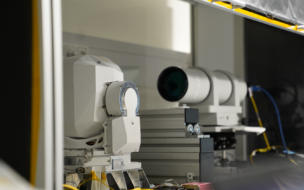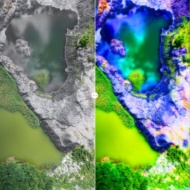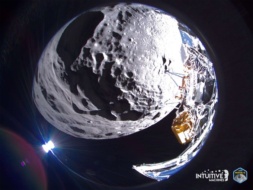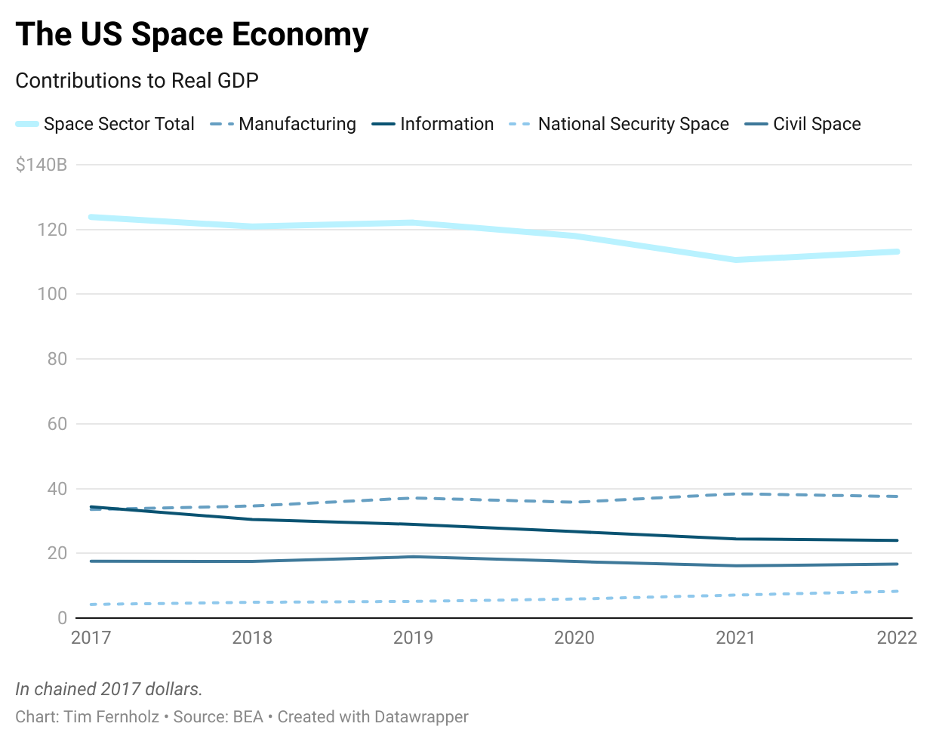Alpine Space Ventures, a Munich-based VC firm, closed its first fund of €170M ($184.7M), which will be used to boost investment in the European space startup market, the company announced Thursday.
The fund includes backing from multiple sources, including:
- €60M ($65.2M) from the European Investment Fund
- €10M ($10.9M) from the NATO Innovation Fund
- €10M ($10.9M) from the Alpine Space Ventures team
- €90M ($97.8M) from other sources, including prominent family investment offices
The team: Alpine Space Ventures’ network includes more than 20 former SpaceX employees, who can share both technical expertise and go-to-market strategies with the company’s portfolio. While the fund has global reach, it will focus mainly on the growing talent coming out of Europe.
“We’re excited especially for the opportunity that we see in Europe because so much talent is coming from the technical universities, especially in Munich. And because of ITAR [International Trade and Arms Regulations], this talent is not allowed to work in the US, so they stay here,” Founding Partner Joram Voelklein told Payload.
The plan: The firm intends to invest €5M ($5.4M) into 10-15 early-stage startups, with a focus on the satellite sector, holding the rest of the funds in reserve for follow-on rounds.
Alpine Space Ventures has already invested in five startups, including:
- K2 Space: A US mega-class satellite manufacturer, expecting to launch its maiden flight in October.
- Reflex Aerospace: A German satellite bus manufacturer, which also plans to have its first flight in October.
- Morpheus Space: A German propulsion systems manufacturer, offering space mobility to satellite operators.
- Blackwave: A German manufacturer of productized carbon-fiber spacecraft components, which could fly for the first time as early as 2025.
- Source Energy: A US startup that builds solar panels to power satellites in orbit.
The future: While the fund’s primary attention so far has been on satellite hardware, Voelklein said his team is actively looking to expand into more data-centric business models.
“We think that geospatial is a super interesting sector, very much fragmented, but we think it’s going to be a huge market for data going forward,” Volklein said.





